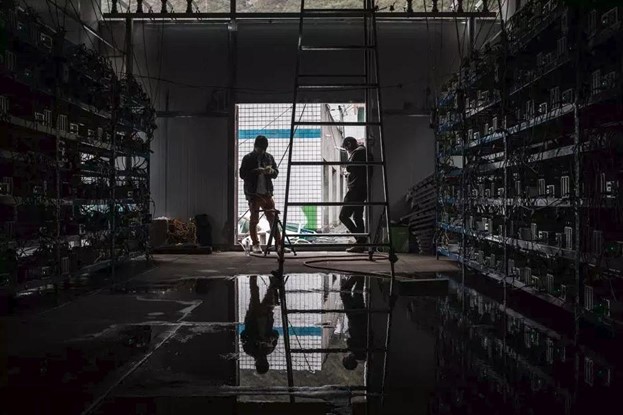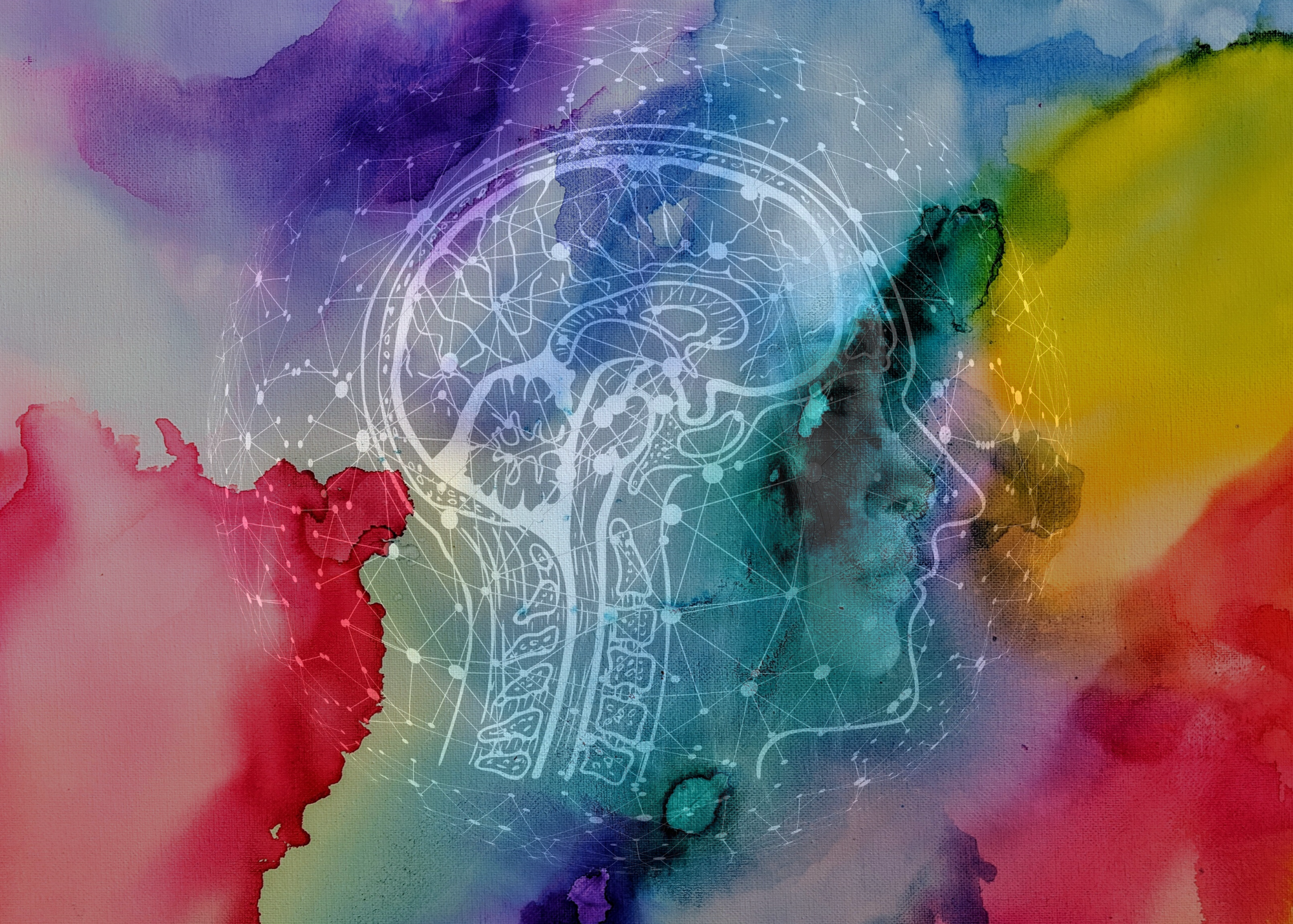Technologies in Practice is one of Scandinavia’s leading research groups at the intersection of IT and society. Based at the IT University of Copenhagen, we conduct qualitative studies of technologically mediated practices in organisations and everyday life.
The vast majority of societal challenges demand critical engagement with contemporary technologies.
Our interdisciplinary environment provides students and researchers with the resources necessary for analysing entanglements of the social and technical with and through IT.
News
Open Lecture: Mark Elam on “The Cigarette Case: Exemplifying the Complexity of Contemporary Matters of Concern”
Friday 30th January 2015, 13-14 in the Design Lab, ITU. Abstract: The mapping complexity course is concerned with working through case studies to chart and visualize the heterogeneous relations and practices constituting matters of collective concern. In other words, mapping complexity implies developing competences enabling you to make the fluid and contingent multiplicity of things […]
Information Infrastructures in Healthcare
ITU researcher Pernille Bjørn (TiP) and Professor Gunnar Ellingsen (University of Tromsø, Norway) have just finished 2-years work on a special issue of the Scandinavian Journal of Information Systems (SJIS) dedicated to Action Research, Interventions, and Participatory Design. This special issue is now published online. Over the last 10 years research on Information Infrastructures in […]
TiP on Twitter
Tweets by @TiP_ituResearch
We are an interdisciplinary group, with a shared interest in qualitative studies of technologically mediated practices. Our work is funded by the Danish Research Council, European Union's Horizon 2020 program, Carlsberg Foundation, Innovation Foundation, Novo Nordisk and the Velux Foundation.
Teaching
We closely integrate our role as educators with our work as a research group. Our international faculty use insights from around the world in their teaching. Our teaching draws on disciplinary backgrounds such as information studies, history, anthropology, sociology, and critical computer science. We aim to help students address the critical questions arising at the intersection of society and technology.




